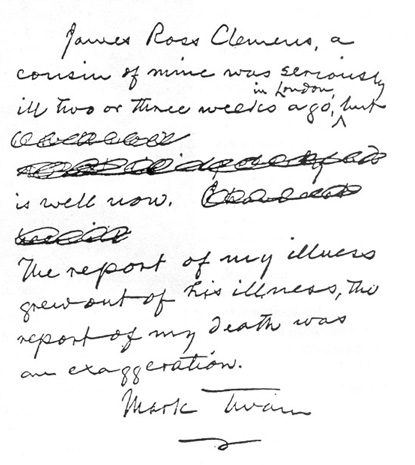1. The use of a third person pronoun (he or she) referring to oneself or someone expected to be addressed as you.
2. The use of third person expressions in referring to yourself as, "Stop asking me the same thing. Your dad has (= I have) said 'no' and that is the end of it."
Dr. Goodword:
My favorite illeist remains Rumpole of the Bailey in the BBC series of the same name. Horace Rumpole, played admirably for several seasons by Leo McKern, refers to his wife as "She who must be obeyed": "Yes, She who must be obeyed has spoken and I can but submit to her will," is a paraphrase of many of his responses to her requests. We also hear illeisms, though, in children who haven't quite mastered the shift of the pronouns I and you. Children cannot make out early on why they are sometimes I, sometimes you, so they are likely to say things like, "Mikey want to play outside" rather than, "I want to play outside."History: It is a little odd to create an English word out of a pronoun (nouns, verbs, and adjectives are usually objects of our borrowing) but illeism is based on the Latin third person singular pronoun ille "he" (illa "she", illud "it"). We see the remnants of ille and illa today in words like French il "he" and elle "she" and Spanish él and ella. The word originally meant "that" and, just as unaccented that became the in English, Latin ille and illa became "the" in French (le, la) and Spanish el, la.



